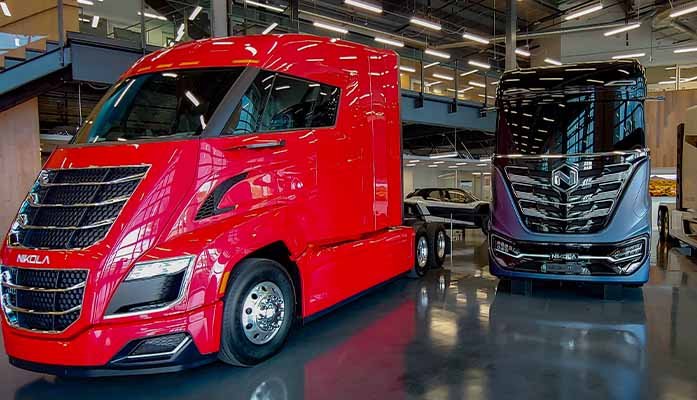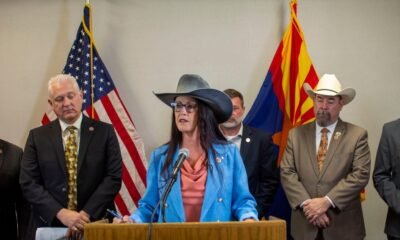aca
Phoenix EV Maker Plunges into Bankruptcy After Millions in Arizona Incentives

By Staff Reporter |
Nikola Corporation, a Phoenix-based company specializing in electric and hydrogen-powered vehicles, has filed for bankruptcy, raising concerns after Arizona allocated millions in incentives and tax credits to the firm over the last five years.
This bankruptcy follows extensive federal investigations into allegations of fraud relating to Nikola’s claims about innovation and development. The company’s issues stem from misleading practices regarding its products and business viability.
In 2019, Nikola received $1.3 million in pre-approved incentives with the promise of creating 400 jobs at an average salary of $80,500. That year, the Arizona Commerce Authority (ACA) celebrated the project, earning recognition as Project of the Year from Area Development Magazine.
A year later, the ACA provided Nikola with a massive $3.5 million incentive through the Arizona Competes Fund Program, based on anticipated capital investment that was projected to reach $1 billion. That same year, job estimates soared to over 2,000, with an average wage of around $65,000.
In 2021, Nikola was approved for both a $7.1 million tax credit and a subsequent $6 million tax credit as part of the Qualified Facility Incentive Program, highlighting the state’s continued financial support. Notably, Nikola also reached a $125 million settlement with the Securities and Exchange Commission (SEC) that year, despite not admitting any wrongdoing.
In 2023, the ACA granted Nikola a further $3.74 million tax credit as part of the ongoing support program. This occurred amid the conviction of founder Trevor Milton, who received a four-year prison sentence for fraud, specifically for making false claims to inflate investor interest. Even after Milton resigned in 2020, the ACA persisted in offering significant financial incentives to the company.
The Department of Justice characterized Nikola’s promises during Milton’s sentencing as deceptive, citing a pattern of misleading statements regarding product prototypes and production capabilities. The DOJ highlighted claims about a functional semi-truck prototype, the supposed development of an electric pickup truck, and the nonexistent production of hydrogen as examples of the company’s deceptive practices.

















